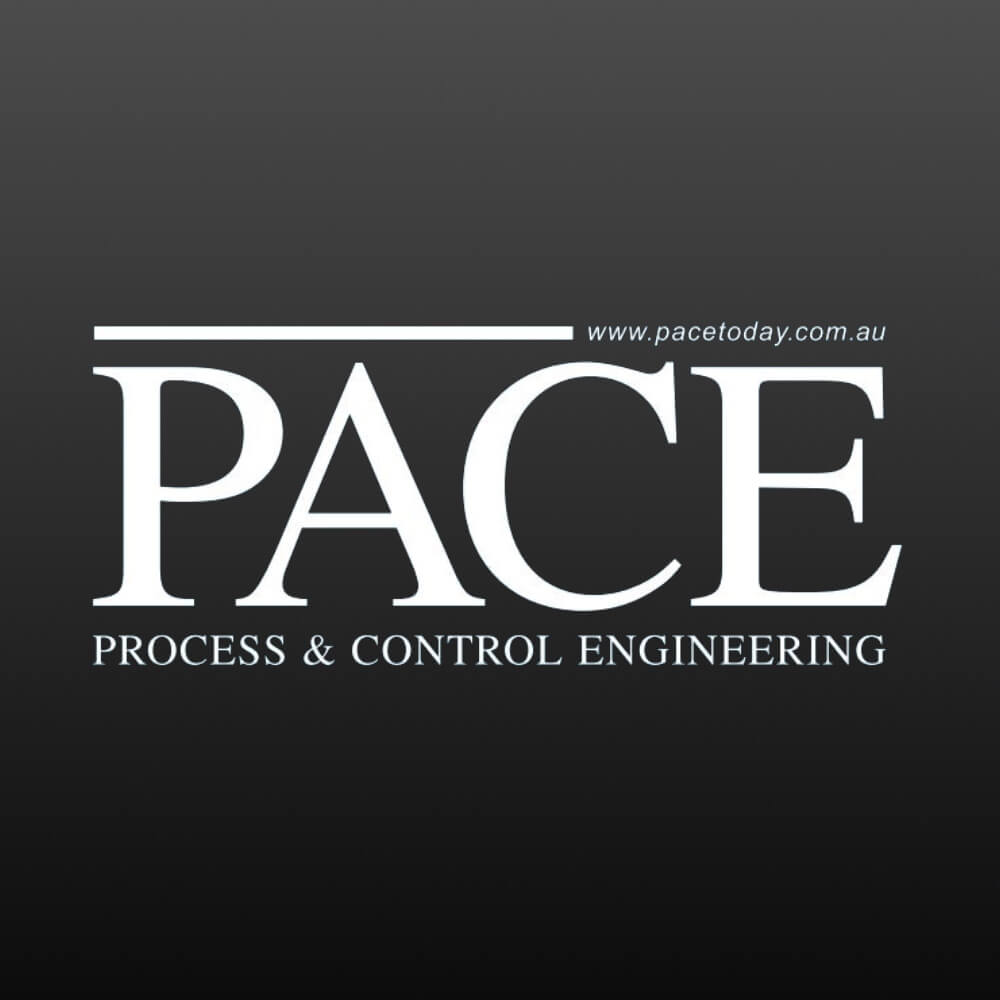Australia’s commercial real estate leaders have cited smart building technology as critical to business productivity and employee wellbeing, according to a new report from Schneider Electric. The report is based on interviews with almost 100 industry experts in the corporate real estate sector.
Key trends highlighted in the report include:
- Data-driven improvements to workspace design and usage through the collection of activity and location data gathered by converged systems and the IoT.
- Introduction of apps into the workplace, with employees able to personalise their daily workplace experience.
- Optimisation of the multi-generational workforce through smarter, flexible design which meets the needs of a sociable, tech-savvy Gen Y as well as being fit for the older generation.
- Healthier and happier employees who work harder, drawing on smarter design and new wearable technologies to promote movement and healthier experiences in the workplace.
“The challenge in Australia is that the industry is hesitant to invest in change,” said Preeti Bajaj, Schneider’s VP for strategy and transformation.
This sentiment is confirmed by the report’s finding that while 83 per cent of organisations see smart buildings as important, only 43 per cent are prepared to pay more to relocate to one. According to the VP, this must be addressed through a shift in how these buildings are procured; a new commercial paradigm where developers, tenants and advisors collaborate and negotiate to make smart buildings a reality.


